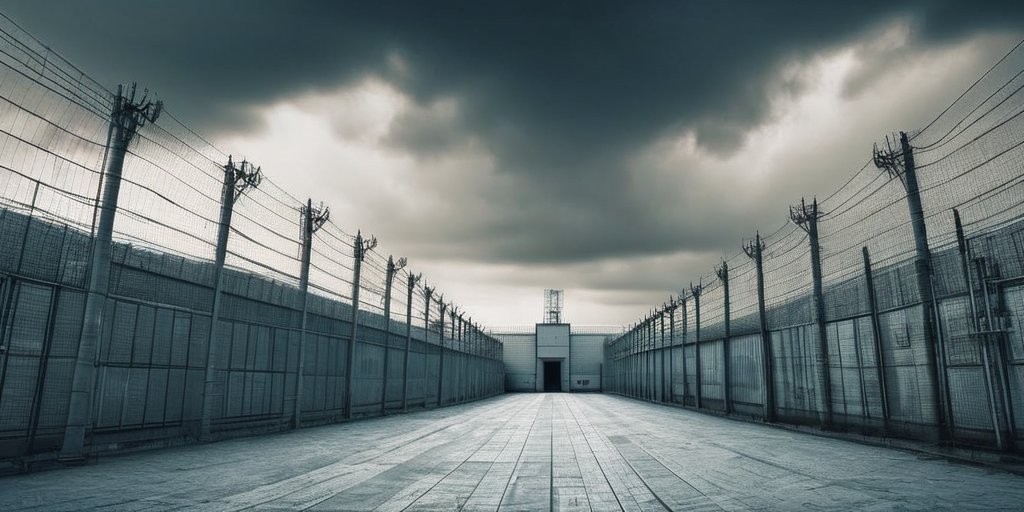In a pivotal moment for US-Iran relations, Tehran’s deputy foreign minister, Majid Takht-Ravanchi, has made it clear that any further military strikes on Iran must be discounted if the US wishes to reinitiate diplomatic conversations. He revealed that the Trump administration has communicated an interest in returning to negotiations through diplomatic channels, but clarity on the stance regarding ongoing military actions has remained ambiguous. This uncertainty comes in light of recent escalations, particularly Israel’s military operations that interrupted a sixth round of talks that were set to be held in Muscat, Oman, on June 15.
The situation intensified when the US took direct military action by targeting three Iranian nuclear sites in a bombing raid, further complicating any prospects of dialogue. Takht-Ravanchi stated that Iran would continue to advocate for its right to enrich uranium for peaceful purposes, firmly denying any intention of pursuing nuclear weapon development. He pushed back against claims of a covert nuclear agenda, asserting that Iran’s nuclear aspirations are aimed at research and civilian energy, not military objectives.
A significant backdrop to these discussions is the 2015 nuclear accord, which Trump famously withdrew from in 2018, reinstating severe economic sanctions that escalated Iran’s nuclear activities. Post withdrawal, Iran progressively breached the deal’s restrictions on uranium enrichment, with reports indicating they now possess 60%-enriched uranium, sufficient for developing a nuclear arsenal. In response to US assertions that their nuclear facilities were “totally obliterated,” the International Atomic Energy Agency (IAEA) characterized the damage from the American strikes as severe but not total, reinforcing Iran’s capability to resume enrichment swiftly if deemed necessary.
Takht-Ravanchi’s remarks underline the complexities Iran faces, navigating its nuclear ambitions while dealing with external pressures and accusations. He reiterated that discussions on rethinking the nuclear program would be off the table unless fundamental questions concerning assurances against military aggression and potential US concessions are adequately addressed.
Iran’s relations with the IAEA have also deteriorated, with accusations of bias in favor of the US and Israel, marking a turning point that could shape future negotiations. Trump’s historical stance and recent comments about continued military options loom large over the investigative dialogues, as Tehran assesses whether any future talks could lead to constructive outcomes amidst growing tensions and aggressive posturing.
